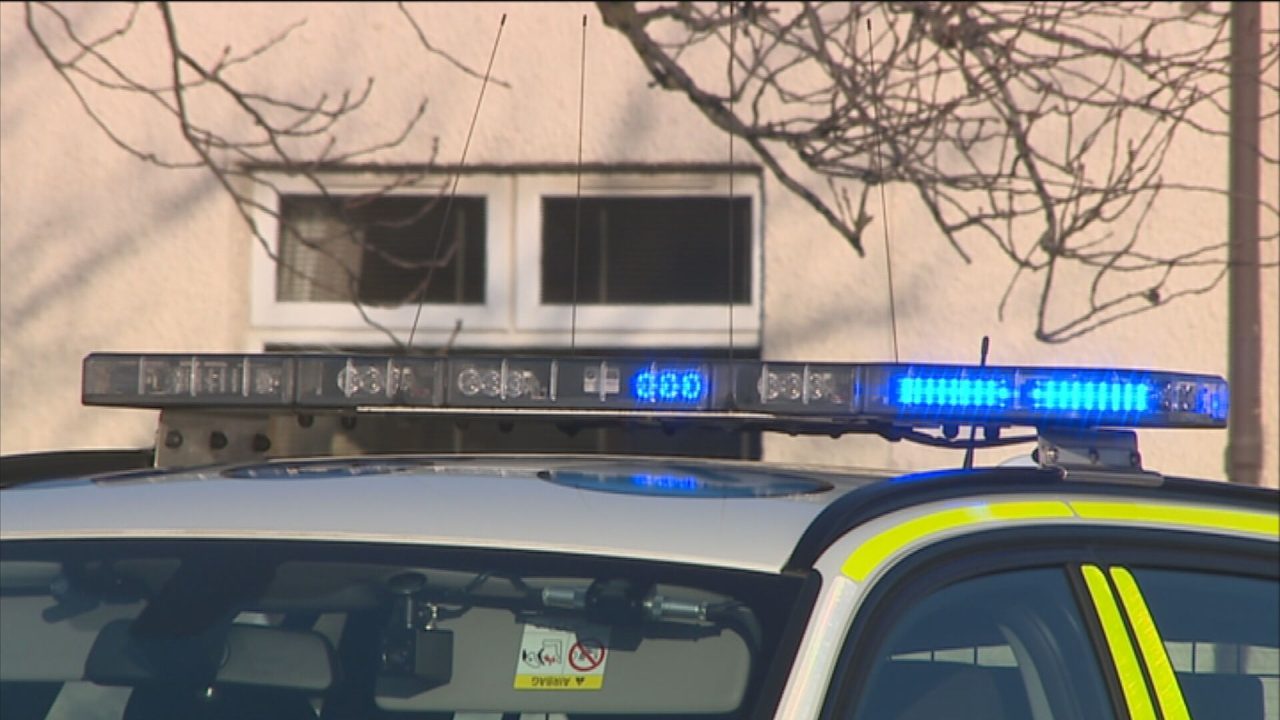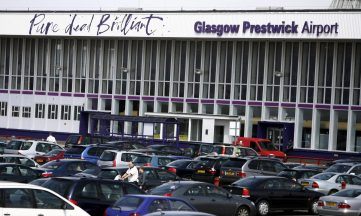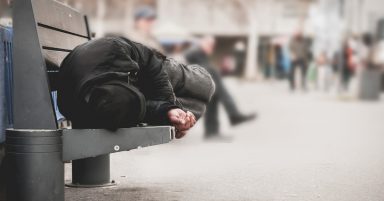Officers are attending around 300 incidents each day involving mental health in Scotland.
Police Scotland is examining how to reduce the number of hours spent dealing with calls concerned for someone’s safety.
In the vast majority of incidents, no crime has been committed.
The force say being able to free up some of that time by providing more appropriate help for people in crisis would be equivalent to getting 500 extra officers.
One woman who has struggled with her mental health spoke anonymously about her experiences.
She told STV News: “I couldn’t manage the episodes that I was experiencing, which was swinging constantly from high to low with very little normality in between.
“It was all new to me so I was very frightened by what was happening to me.

“I found that there was so much emotional strain and there was a lot of hospital admissions.”
She was eventually sectioned after being detained by police on a motorway bridge, before getting the help she needed.
And that sort of support is being provided by The Neuk in Perth – which is working with the police to be a first point of contact in an emergency.
“We had a gentleman that had separated from his partner and as a result of that was struggling to cope,” the hub’s operational officer Wendy Given said.
“He was making an attempt on his own life.
“But because of the risk of harm and the risk that he posed to his surroundings – at the time he had a knife – we know that the situation escalated and that there were ten police officers that responded to that event.
“So he was actually brought here to The Neuk and we were able to work with him and go through and really offer him some practical advice and support about the situation he found himself in.”
Over the past four years, around 3,000 people have come through the doors of The Neuk.
And the hope now is that this is a model that could be adopted nationally.
More than 100,000 calls a year to Police Scotland involve mental health related incidents.
In 87% of them, no crime has been committed – but they can tie up officers for an entire shift.

The aim now is to develop more ways so these cases can be handed over earlier to people better placed to help.
Deputy Chief Constable Malcolm Graham said: “It’s absolutely right and proper that the police are called when there’s an emergency response and people are concerned about their own or another person’s safety – we’re always going to respond to that.
“So it’s only by working in collaboration with other organisations and services that we can ensure people’s needs are best met and the police are freed up to focus on the things that only the police can do.”
The organisation representing rank and file police officers says up to 50% of their time is regularly taken up dealing with mental health calls.
Chair David Threadgold said: “At the moment we are picking up all of that and that manifests itself in sitting at A&E waiting rooms, waiting in people’s living rooms for calls from mental health practitioners, and the time and effort and the impact on our ability to deliver policing is huge.”
The Chief Constable is due to visit The Neuk in the coming weeks to hear first hand how its approach could be used more widely.
Follow STV News on WhatsApp
Scan the QR code on your mobile device for all the latest news from around the country



























